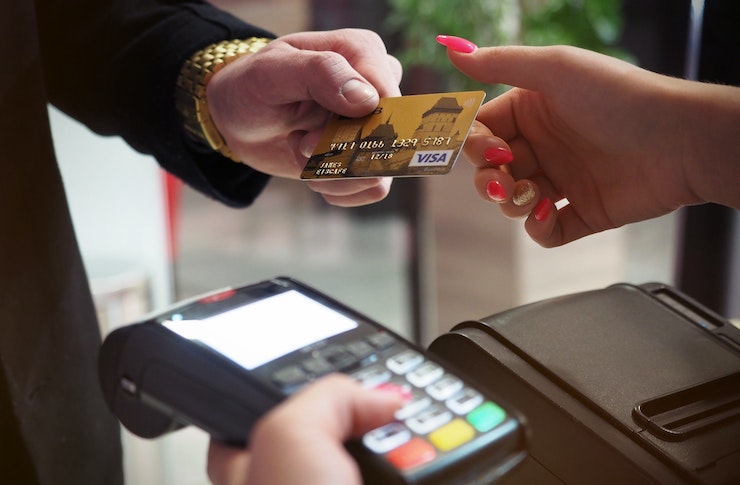How To Choose The Right Credit Card When You Have a Bad Credit?
Navigating the world of credit cards can be challenging, especially with bad credit. Learn essential tips for choosing the right card that suits your financial needs. From understanding interest rates to finding secured options, discover how to rebuild your credit while enjoying benefits tailored to your unique situation.

Choosing Between Secured and Unsecured Cards
Secured and unsecured credit cards serve different purposes and understanding the distinction is crucial. Secured cards require a deposit as collateral, which sets your credit limit. They’re ideal for those with bad or no credit history, as they offer a relatively safe way to build or rebuild credit. On the other hand, unsecured cards don’t require a deposit, but they generally require a good credit score for approval.
Building Your Credit History
Building a credit history is crucial when it comes to securing loans or credit cards. Consistent, timely payments, keeping balance low on credit cards, and not opening too many credit accounts simultaneously are a few ways to build a solid credit history. In addition, maintaining a mix of credit types (mortgages, credit cards, loans) can contribute positively towards your overall credit health.
Tips for Improving Your Chances of Approval
Improving your creditworthiness is crucial in enhancing your chances of credit card approval. Routinely checking your credit report for errors, paying off debts, not applying for new credit frequently, and maintaining a low credit utilization ratio can significantly increase your approval chances. It’s also prudent to apply for cards that suit your credit profile to avoid unnecessary rejections.
Types of Credit Cards for Bad Credit
For those with bad credit, secured credit cards can be a good starting point. These cards require a security deposit, which acts as your credit limit. Other options include credit-builder cards, which have higher interest rates but can help improve your credit score if used responsibly. Prepaid cards, which aren’t technically credit cards, can also be used to manage spending and avoid debt.
Understanding Your Credit Score in UK
In the UK, credit scores are calculated by three major credit reference agencies: Experian, Equifax, and TransUnion. They use information from your credit report to calculate your score, which lenders use to determine your creditworthiness. It’s important to understand that each agency uses a different scale, so scores may vary.
Useful Tips and Facts
- Don’t apply for multiple cards at once; it can harm your credit score.
- Always pay your credit card bills on time to avoid late fees and negative impact on your credit score.
- Keep your credit utilization low. Aim to use no more than 30% of your available credit.
- Regularly review your credit report for any inaccuracies or fraudulent activities.
A Guide on How to Get a Good Credit Card Deal
Getting a good deal on a credit card involves understanding your needs and comparing various options. Look at the interest rates, fees, rewards, and customer service of different cards. Also, understanding your credit score and how it impacts your eligibility for certain cards can help you make a more informed decision. Ultimately, the best credit card deal is one that suits your financial habits and goals.




